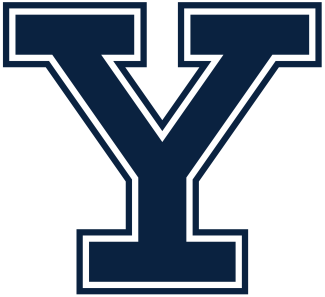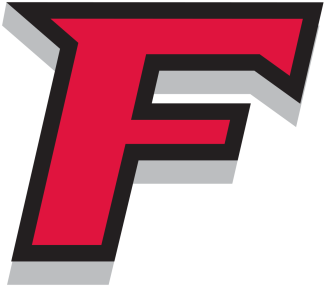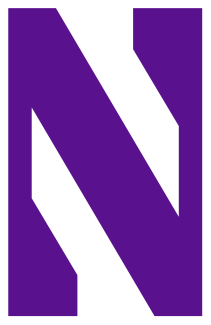Rookie netminder Paulina DiFatta only played in two games and finished 56th on the leaderboard. But she has also been inspired by the play of Waters, Read and Glynn and likes that the AU format elevates goalies. “I even saw Caylee Waters take shots,” she said. “You don’t get to do that as a goalie in college really.”
Waters and Read were coming off appearances in the World Lacrosse Women’s Championship. Waters, another North Carolina product, won gold with Team USA as the backup for Liz Hogan. Read’s All-World performance helped England take bronze in a triple-OT thriller against Australia.
Moreno watched the championship from home as the last goalie cut from the U.S. team.
“It was hard watching it on the TV sitting on my couch, but I was grateful to be immersed in the experience on the training team,” Moreno said.
The month-and-a-half layoff between winning a national championship in her final season at North Carolina and making her professional debut gave Moreno a chance to watch and learn. She kept an eye on Waters and Read during the world championship.
“Britt plays really hot. Caylee is really active," Moreno said. "That’s what’s awesome about goalies is that you can play differently but still be successful.”
It gave Moreno the confidence to play her own brand of lacrosse — athletic and active — in AU. Being cut stung, but she had turned the page by the time she arrived on campus. She was happy for the players who won gold and ready to show why no one should forget about her any time soon.
“The opportunity to play more lacrosse is something I will never take for granted,” Moreno said. “I wasn’t necessarily playing with a chip on my shoulder, but I played to prove I’ve still got it and want to be around the sport for as long as possible.”


























































